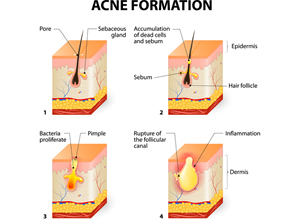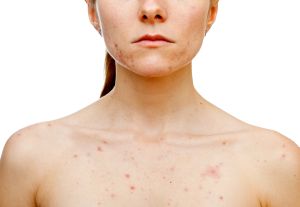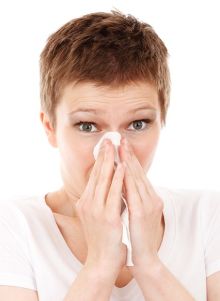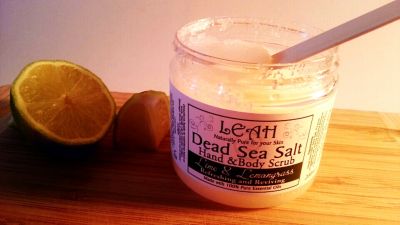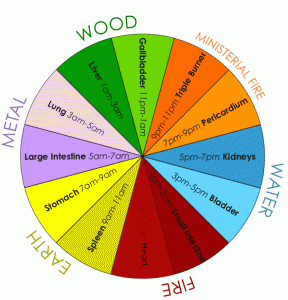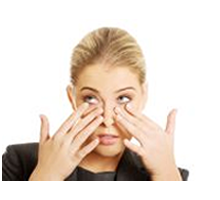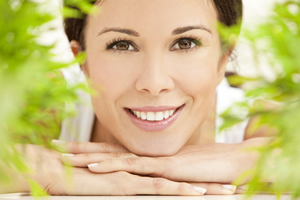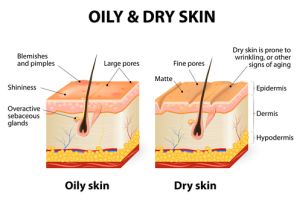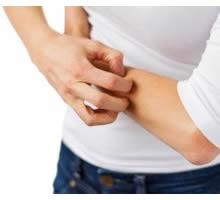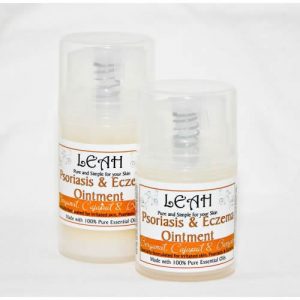8 Top Tips for a Good Night Sleep
Quality of sleep is more important than quantity of sleep. Air, water and food is nourishment for your body. Sleep is nourishment for the soul.
Exposure to light in the morning and evening impacts on your circadian rhythm. These rhythms are often out of sync as a result of the influence of our environment. These disruptions or imbalances affects our sleep/wake cycle, endocrine function, and other body functions.
Why is Sleep So Important?
[pink-flower]
- Not getting at least 8 hours of uninterrupted sleep per night (at night) can be just as bad as eating poorly and not exercising.
- The importance of sleep is often overlooked and is one of the most important factors to our health.
- Lack of sleep can aggravate medical problems and interfere with the body’s natural ability to heal itself.
- We need sleep for muscle repair, memory consolidation, release of hormones regulating growth and appetite and a healthy immune system.
- Sleep balances our appetites by helping to regulate levels of the hormones ghrelin and leptin, which play a role in our feelings of hunger and fullness. Leptin suppresses appetite and ghrelin increases it. So when we’re sleep deprived, we may feel the need to eat more, which can lead to weight gain. Even if you get plenty of nutrition, if you don’t get adequate sleep you will be inclinded to eat more.
- Lack of sleep can increase cortisol which increases sugar into the bloodstream, contributing to weight gain.
- Lack of sleep can inhibit the growth hormone which is responsible for turning fat into muscle, again contributing to weight gain.
[/pink-flower]
8 Top Tips for the Best Sleeping Habits
- Wind-down at least 30 minutes before bed in which you do something relaxing, such as read a book. In order to calm your mind, do a breathing or relaxation exercise. Stress hormones, adrenalin and cortisol can impede our winding down. They keep your body in ‘fight or flight’ mode, making it difficult to get to sleep.
- Don’t eat foods high in carbohydrates before bed. This will raise your blood sugar. Focus on nuts, seeds, vegetables and proteins.
- Make sure your sleep environment is quiet and dark throughout the night. Our cells respond to light. When light is detected our cortisol levels rises and melatonin (sleep hormone) is suppressed. In Traditional Chinese Medicine, the Chinese clock and Circadian rhythms are biology and behavioural changes that follow 24-hourcycle, responding primarily to light and darkness
- If you’re having racing thoughts or worried about the next day, write it all out on paper to help get it out of your head.
- Do you text in bed or watch YouTube or maybe catch up on your emails? Disconnect from close-range electronic devices like laptops, phones, and tablets. Install an app called flux. This will reduce the blue light coming from you screen which inhibits your hormone production (melatonin) required for the sleep/wake cycle. This can shift you’re your whole body clock cycle.
- Ground yourself. The body is like a battery. If you walk barefoot you are getting the negative electrons from the earth helping to ground and balance the body’s electrical system which may be important for setting the biological clocks, regulating circadian rhythms and balancing cortisol levels.
- Don’t stay in bed if you can’t sleep. Lying in bed awake can create an unhealthy link between your sleeping environment and wakefulness. Instead, you want your bed to conjure sleepy thoughts and feelings only.
- Get a good sleeping position. Sleeping with the upper body in an inclined position can reduce acid reflux and in some cases help reduce snoring. If we find it hard to get comfortable in bed, use a pillow in between your knees (if you lie on your side) or place a pillow under the back of your knees (if you have back stiffness).
Top 8 Oils for Sleeping
[pink-flower]
- Lavender has been used for thousands of years. It contains over 200 chemical constituents and so offers something for almost every symptom while balancing the root cause. It is very a calming and relaxing oil.
- Roman Chamomille helps the brain to relax but also helps the digestive system to relax. Great for muscle cramps and a great anti-inflammatory.
- Vetiver works directly on the nervous system. Also good for neurological problems like ADHD, dementia, autism. Great for anger and hysteria.
- Ylang ylang is a natural aphrodisiac, improves your mood. Great for helping to release locked up emotions. Just what you need before going to bed.
- Cedarwood helps to release emotions being processed by the liver at night
- Eucalyptus and other respiratory oils like thyme and peppermint, helps to open the airways, strengthen the immune system and reducing inflammation in the sinus cavities and throat helping with the problem of snoring.
[/pink-flower]
Recipe 1 – Anti-Snoring Oil
50ml Almond Oil
18 drops Eucalyptus Oil
8 drops Peppermint Oil
4 drops Thyme Oil
Mix all the ingredients together. Before going to bed, rub into the soles of the feet. Also rub across the chest and the neck.
Recipe 2 – Anti-Snoring Spray
50ml Spring Water
18 drops Eucalyptus Oil
8 drops Peppermint Oil
4 drops Thyme Oil
Mix all the ingredients together in a bottle and shake well before use. Spray in the room and on the bed clothes before going to bed.
Recipe 3 – Sleeping Blend Oil
50ml Almond Oil
15 drops Lavender Oil
5 drops Chamomille Oil
5 drops Cedarwood Oil
5 drops Vetiver Oil
Mix all the ingredients together. Before going to bed, rub into the soles of the feet. Also rub on the wrists, neck and heart.
Recipe 4 – Sleeping Blend Spray
50ml Spring Water
25 drops Lavender Oil
5 drops Vetiver Oil
Mix all the ingredients together in a bottle and shake well before use. Spray in the room and on the bed clothes before going to bed. (This is a great one for kids)
[hr/]
Free 3 Part Video Series
Sleep affects every aspect of your life. Yet, for most, restful sleep is a complete mystery! To improve anything, you must start with sleep. Join me for my FREE 3 part video series: Practical Approach to Sleep. In this video series I show you why sleep is so vital for our health and what you can do to help you get a good nights sleep leaving you feeling refreshed and revitalised for the next day!
Learn why sleep deprivation not only has a major impact on cognitive functioning but also on emotional and physical health.
[pink-flower]
- Why Sleep Is So Vital For Health
- How Sleep Affects Brain Health and Cognitive Function
- Sleep Hygiene – Tips for an Effective Night Sleep
- Interested in attending? You can sign up here to this Free video series:
[/pink-flower]
What have you tried to help you sleep better? I’d love to know your experiences. Comment below.



